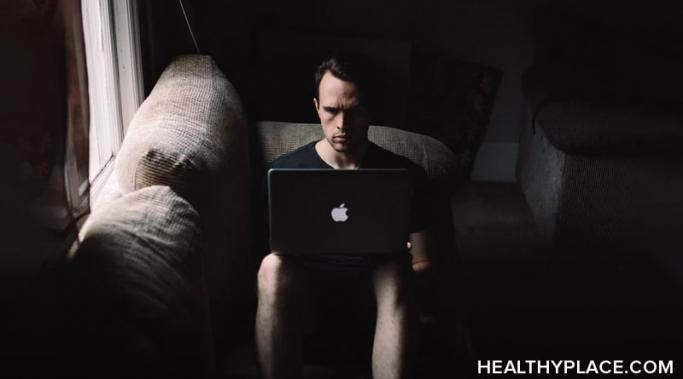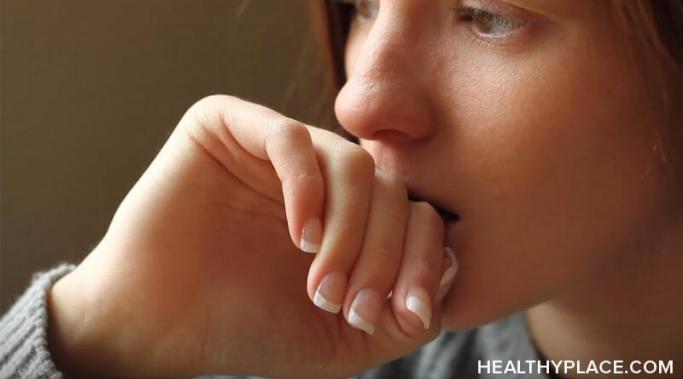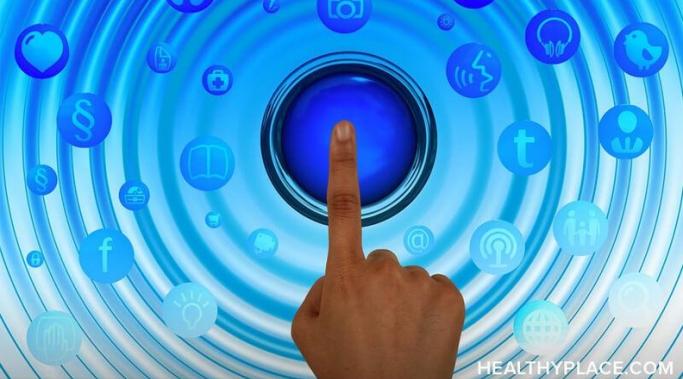Blogs
Verbal abuse happens within many dynamics, even if it is not talked about regularly. One specific area of verbal abuse that is not often readily apparent involves men who suffer verbal abuse. However, just because there might not be a lot of pertinent case numbers or stories in the news about this does not mean this issue doesn't exist. For many men, dealing with verbal abuse is a common, problematic reality in their lives.
Taking steps to overcome anxiety is a positive action, but do you need a break from trying to reduce your anxiety? Learning about anxiety, gathering tools to beat it, and using those strategies in daily life are healthy initiatives to take charge of your mental health and wellbeing. When you take these steps, you empower yourself to break free from anxiety.
I’m far from the first person to discuss the above topic. However, I feel it is important to continually raise awareness of the social causes of anxiety until those causes are recognized more broadly.
If there is one lesson I have taken from last year's events, it's that I am allowed to create space for burnout in eating disorder recovery. In fact, this goes beyond just permissible—creating space for burnout is essential for mental health and resilience. The feeling of burnout is sometimes inevitable in life, but it does not have to compromise eating disorder recovery. Here is how I deal with burnout in my own healing process.
Let's be honest: job hunting is demoralizing if you're neurotypical. There are so many uncertainties that can wear you down when seeking a new position—and when you live with bipolar disorder, job hunting stressors can lead to changes in mood, which could result in a full-blown episode of depression or mania. It may be easier said than done, but a critical key to preventing mood episodes while you're on the prowl for a new job is learning ways to keep yourself motivated.
When I'm having a bad mental health day, the last thing I want to do is lace up my shoes and work out. I want to stay in bed, eat cereal, and watch TV. But I've learned that regular exercise improves my mental health (and doesn't always involve putting on shoes). I've since made it a priority.
At the beginning of 2021, I started a new form of self-care: using tarot cards for recovery. Specifically, I am learning how to read tarot cards to help me heal from the effects of childhood trauma. I don't necessarily believe that tarot cards can tell the future, but I do believe that interpreting tarot cards requires a strong sense of intuition, and that's what I hope to build by using tarot cards for recovery.
I was diagnosed with anxiety, and it has affected nearly every facet of my life since. I struggle to maintain a job, a social life, and a relationship. My anxiety doesn't only affect me, though. I have also discovered that anxiety affects how my family functions as well.
Does mental health stigma make you feel like an imposter? I've been thinking about this question because the more I look at mental health stigma, the more I can see it entangled in certain aspects of the mental health conversation I didn't expect. Let's take a look at imposter syndrome and mental health stigma.
Technology can be both a curse and a blessing. On the one hand, many time-stealing apps might be detrimental to mental health in the long run, but, on the other hand, occasional gems like the Calm Harm app provide a much-needed distraction when the urge to self-harm strikes.









